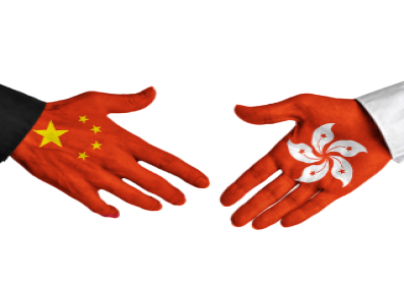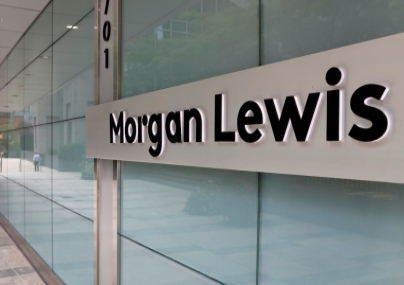By Kazunori Takada and Pete Sweeney
China's central bank is looking into allegations by a state broadcaster that Bank of China, the country's fourth-largest lender, has been laundering money offshore for clients, the official Xinhua news agency said on Friday.
While Beijing maintains a tight control over its capital account, limiting foreign currency transfers by individuals to $50,000 a year, wealthy Chinese, including corrupt government officials, have managed to move their money out to snap up overseas property and other assets.
The China Central Television (CCTV) aired what it said was an undercover investigation programme on Wednesday that focused on a service offered by BOC called "You Hui Tong," which is designed to help Chinese individuals take part in investment emigration programmes in other countries to move cash offshore in amounts the exceed the annual cap.
The report quoted unnamed BOC sources as saying the bank kept the programme secret because it knew it was illegal. However, BOC has denied the allegations.
Xinhua news agency reported the People's Bank of China, the central bank, was now looking into the matter.
"We have noticed the media report about a commercial bank's cross-border renminbi business, and are verifying related facts," Xinhua quoted an unidentified central bank spokesman as saying.
The PBOC statement quoted by Xinhua did not name the Bank of China specifically, referring instead to "a commercial bank," and it did not use the term "investigation," which often implies a degree of formality.
BOC has said the service was part of the government's efforts to open the capital account and increase the international popularity of the yuan, and that branches of other banks in Guangdong province offered similar services.
Investment programmes that grant Chinese passport holders citizenship or residency in exchange for substantial investment have become popular with wealthy citizens and government officials.
China has been cracking down on such "naked officials," one whose spouse and children have emigrated. In May, a senior official in Guangdong province was removed from his position in what Xinhua said one of the first to lose his position.
Since the mid-1990s, an estimated 16,000 to 18,000 Communist party officials, businessmen, CEOs and other individuals have "disappeared" from China, taking with them some 800 billion yuan ($133 billion), according to a PBOC report prepared in 2008.


